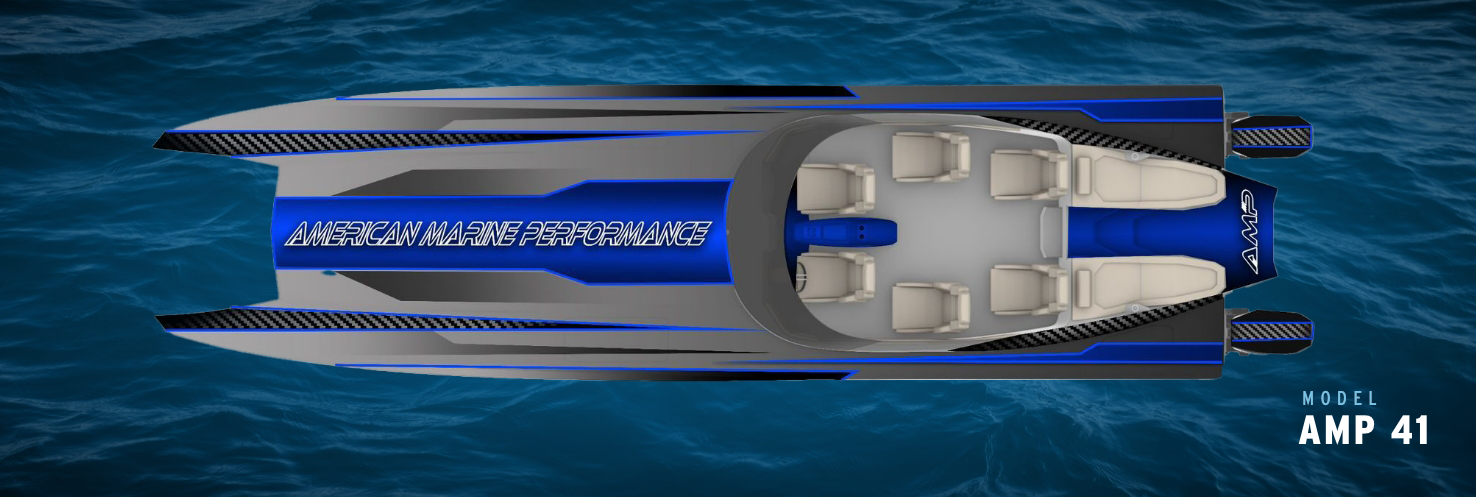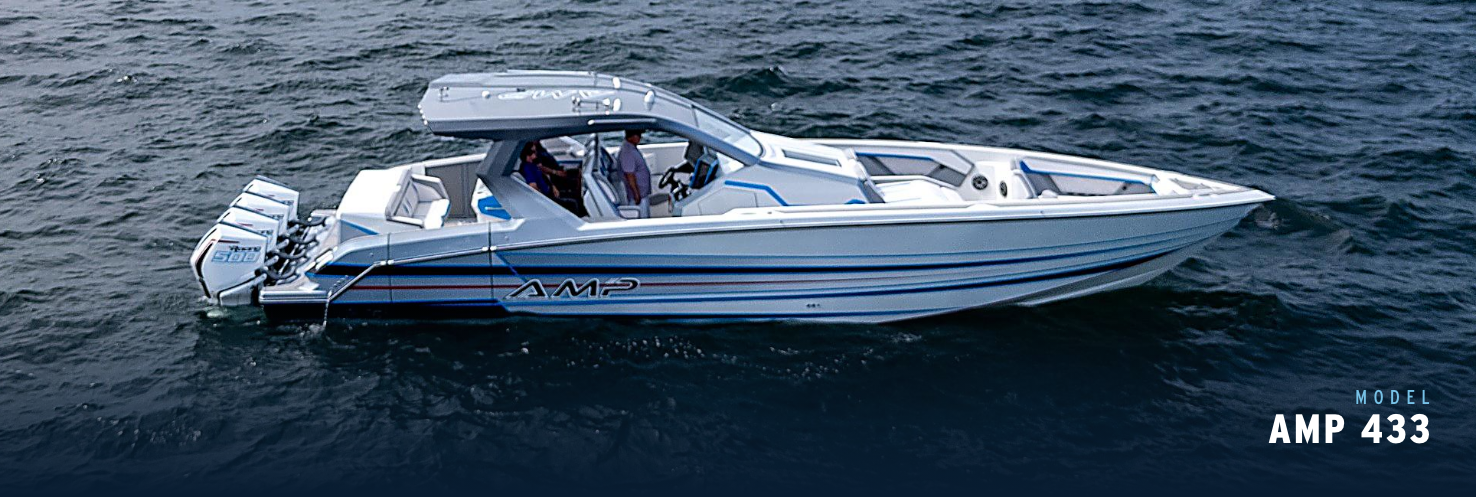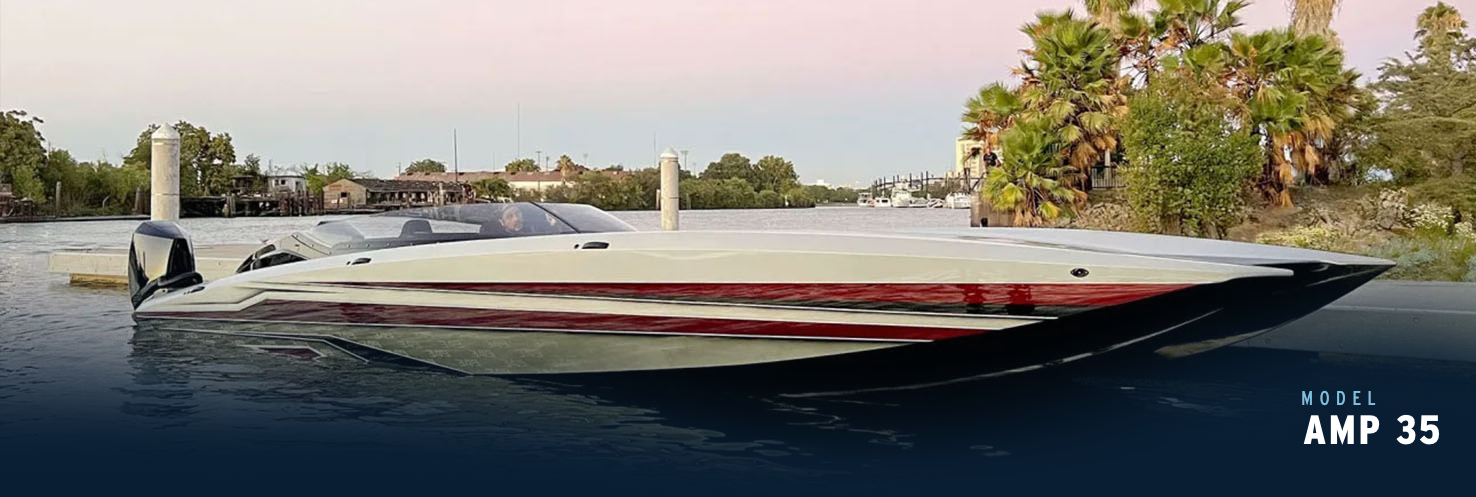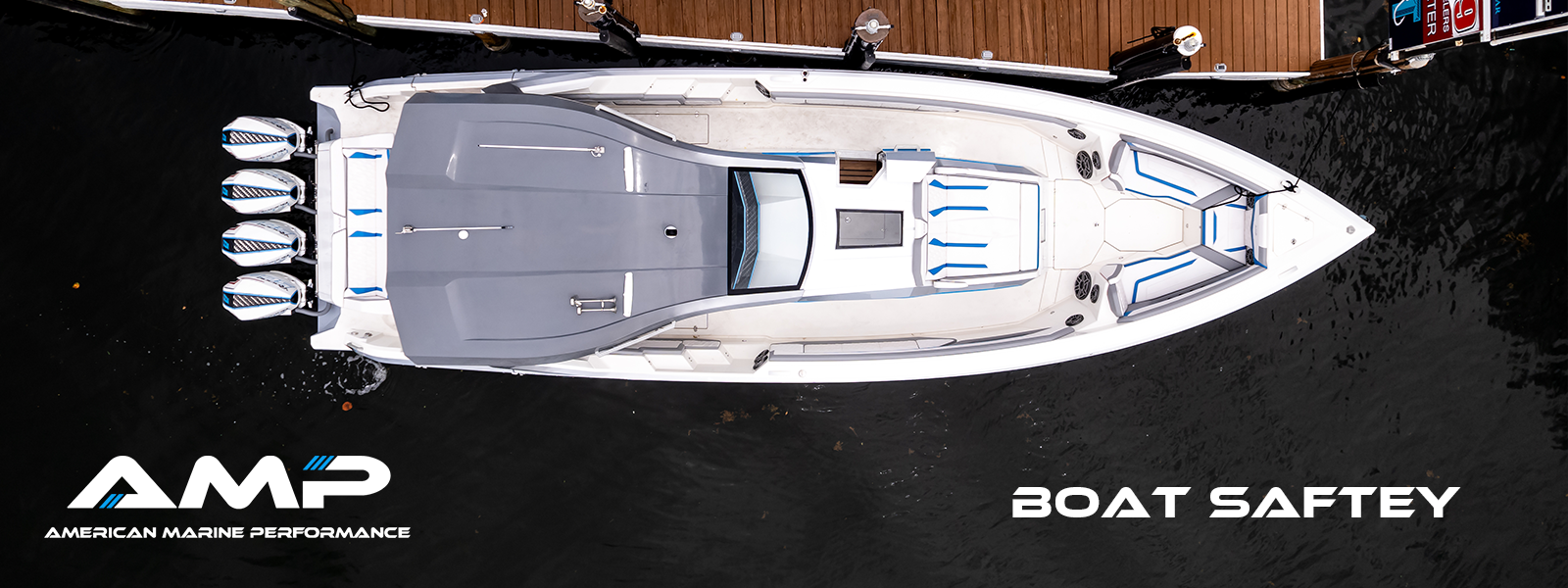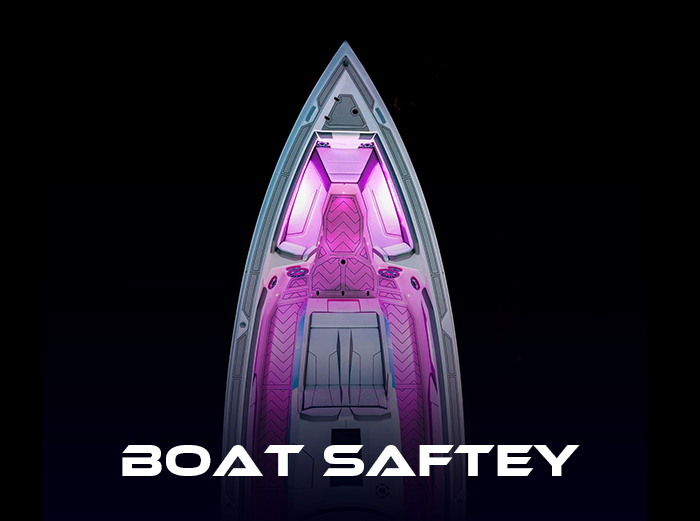Boating is a thrilling and enjoyable activity that allows enthusiasts to connect with nature and explore waterways. However, it's essential to understand the regulations and safety practices that ensure a safe and responsible experience for everyone on the water. In this blog, we'll cover key boating regulations and essential safety tips that every boater should know.
Understanding Boating Regulations
1. Registration and Licensing
- Boat Registration: Most states require boats to be registered before they can be used on public waters. Registration typically involves providing details about the boat and paying a fee.
- Operator Licensing: Depending on your location, you may need a boating license or a safety certification to operate certain types of boats. Check with local authorities to understand the requirements in your area.
2. Age Restrictions Many states have age restrictions for operating boats. For example, individuals under a certain age may be required to complete a boating safety course before being allowed to operate a boat alone.
3. Safety Equipment Requirements Boats must be equipped with specific safety gear, which often includes:
- Personal Flotation Devices (PFDs) for each passenger
- Fire extinguishers
- Sound signaling devices (horns or whistles)
- Navigation lights
- First aid kits
4. Navigation Rules Familiarize yourself with the "Rules of the Road," which dictate right-of-way situations and navigational markers. This knowledge helps prevent collisions and ensures safe passage on the water.
5. Environmental Regulations Be aware of local regulations concerning waste disposal and wildlife protection. Many areas have specific rules about not discharging waste and protecting natural habitats.
Essential Safety Tips for Boating
1. Wear Life Jackets Life jackets save lives. Ensure that all passengers wear properly fitting PFDs, especially when boating in rough waters or during water sports activities.
2. Conduct Pre-Departure Checks Before heading out, perform a thorough check of your boat, including:
- Fuel levels
- Safety equipment
- Engine functionality
- Weather conditions
3. Have a Float Plan Inform someone on land about your boating plans, including your expected return time and your route. This information is crucial in case of emergencies.
4. Stay Sober Alcohol and boating don’t mix. Consuming alcohol impairs judgment and reaction times. If you choose to drink, designate a sober operator for the boat.
5. Monitor Weather Conditions Always check the weather forecast before embarking on your trip. Be prepared to return to shore if conditions worsen unexpectedly.
6. Be Aware of Your Surroundings Stay vigilant while navigating. Watch for other boats, swimmers, and obstacles in the water. Maintaining a safe distance from other vessels can help prevent accidents.
7. Know How to Respond to Emergencies Familiarize yourself with emergency procedures, including:
- How to use fire extinguishers
- Procedures for man-overboard situations
- How to signal for help
For more boating regulating tips or to request printable checklist for your boat, you can visit Boat Responsibly.
View our high-performance boats page to learn more information about high-performance boats and safe boating practices. Whether you're a seasoned boater or new to the scene, we're here to help you make the most of your time on the water!

